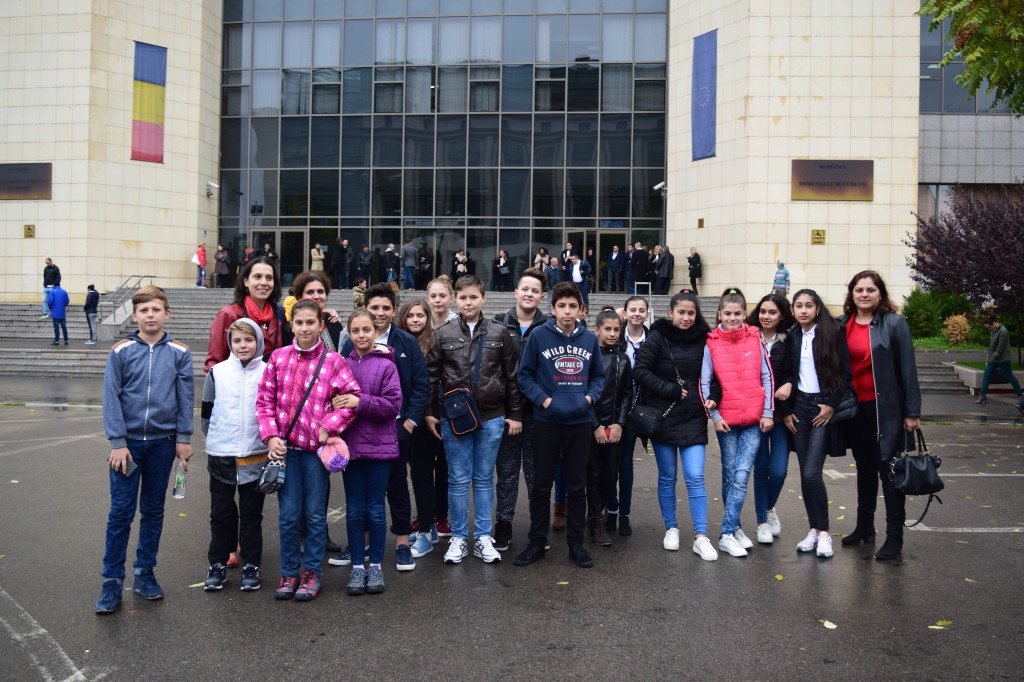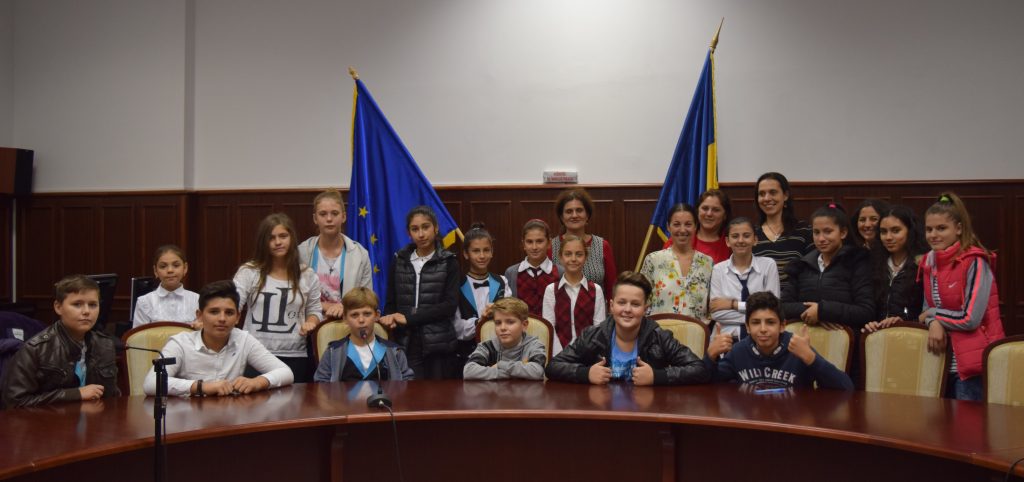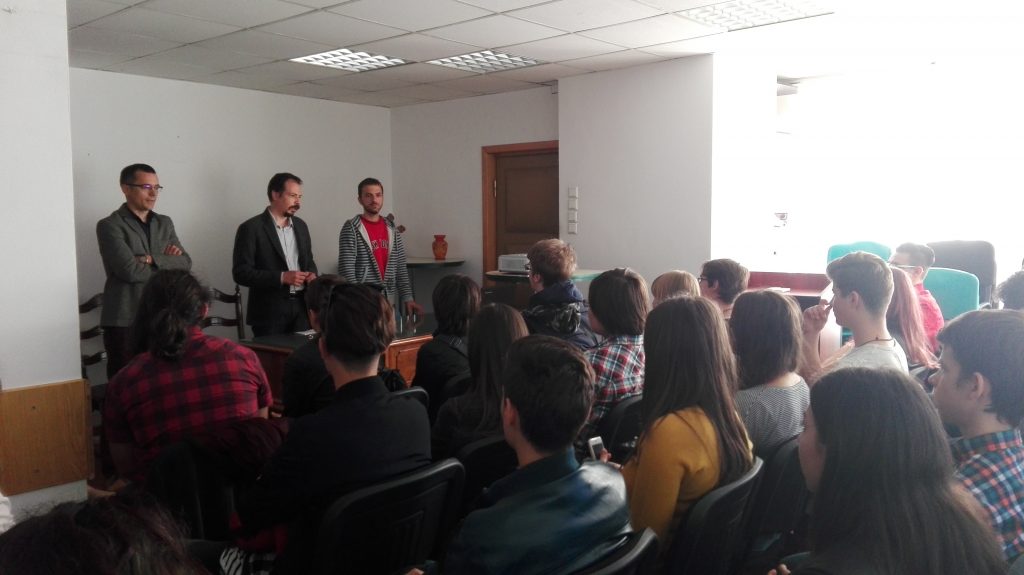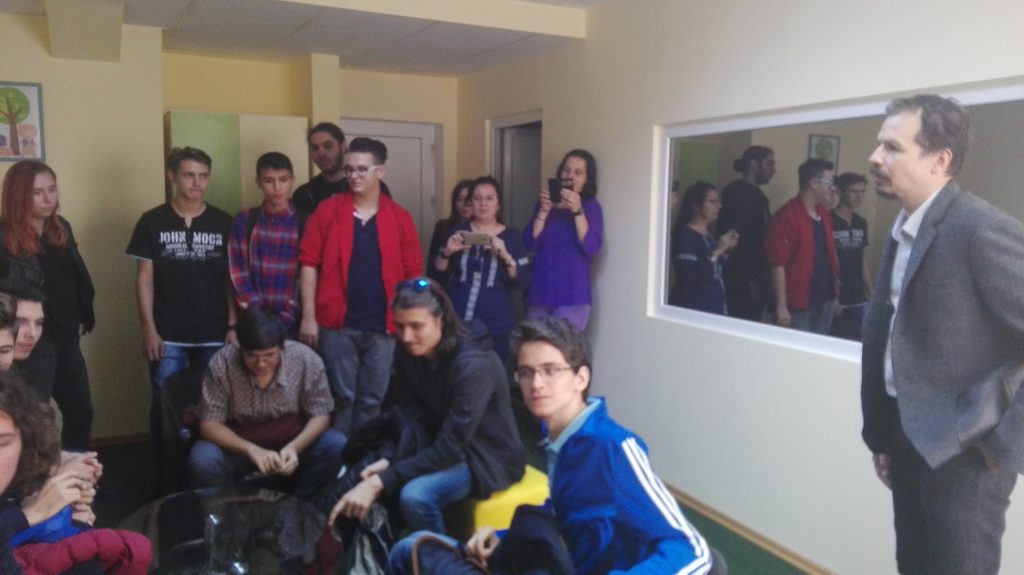The Alternative Education Club is a project implemented by Policy Center for Roma and Minorities in the ghetto area of Ferentari, Bucharest. In its 7th year already, the project works on diverting the attention of Roma and non-Roma children/youth from a life of crime and drug consumption by keeping them focused on the positive implications of continuous learning.
Ever since 2012, Policy Center combines non-formal education (i.e. football, street dance, drama, music) with remedial education (development of basic skills in reading, writing, math) and manages to keep children away from drugs and associated risks (prostitution, human trafficking, HIV and hepatitis), the more since, from its empirical observations in the field, some worrying trends can be identified on this matter:
– 1 in 2 children has a member of the family or an acquaintance addicted to drugs;
– all the children are constantly exposed to used syringes on the streets of the ghetto;
– all the children interact on a daily basis with a drug addict (encounters on the streets or in the buildings they live in);
– drug use can start as early as 8 years old, but the most common period is between 12 and 16 which overlaps with teenage years and it is usually connected to school drop-out;
– direct proportionality between spending time on the streets of the ghetto and drug use;
– in the case of girls, drug abuse is connected to prostitution (drug consumption is an accelerator in becoming a prostitute due to the high costs of the drug addiction; their high degree of vulnerability as sex workers is maintained by the drug lords who provide drugs to sustain the dependency).
To combat these risks, 2015, Canton Geneva decided to support the project implementation and awarded a total grant of 111363 CHF to Policy Center, which were invested in a year-long program of activities, all throughout 2016, for 50 children and youth, age 10 to 16, from schools no. 136 and 147, close to the ghetto area in Ferentari. Terre des hommes Romania mediated the grant allocation and ensured the monitoring and evaluation of the project activities.
At the end of 2016, after a very positive review of the project results, Canton Geneva offered a grant extension in value of 100200 CHF which will now be used by Policy Centre for Roma to deliver non-formal and remedial education for 60 children (Roma and non-Roma) from schools no. 136 and 147 and to raise awareness about the risks of drug addiction among parents and teachers.
“Talking to the outside world about the risk of becoming a drug addict is psychologically demanding for the Roma and non-Roma children in Ferentari. Following our 2015-2016 experience, we concluded that is essential to continue the work with two psychologists in Schools no 136 and 147 and to prepare the children for this intense experience”, argued Raluca Negulescu, deputy director and project manager at Policy Centre for Roma.
Terre des hommes Romania will proudly support and closely monitor the implementation of this project in 2017 and wishes a lot of success to the project team in their endeavours! For more details about the project, please go to: http://policycenter.eu/en/clubul-de-educatie-alternativa-cea/
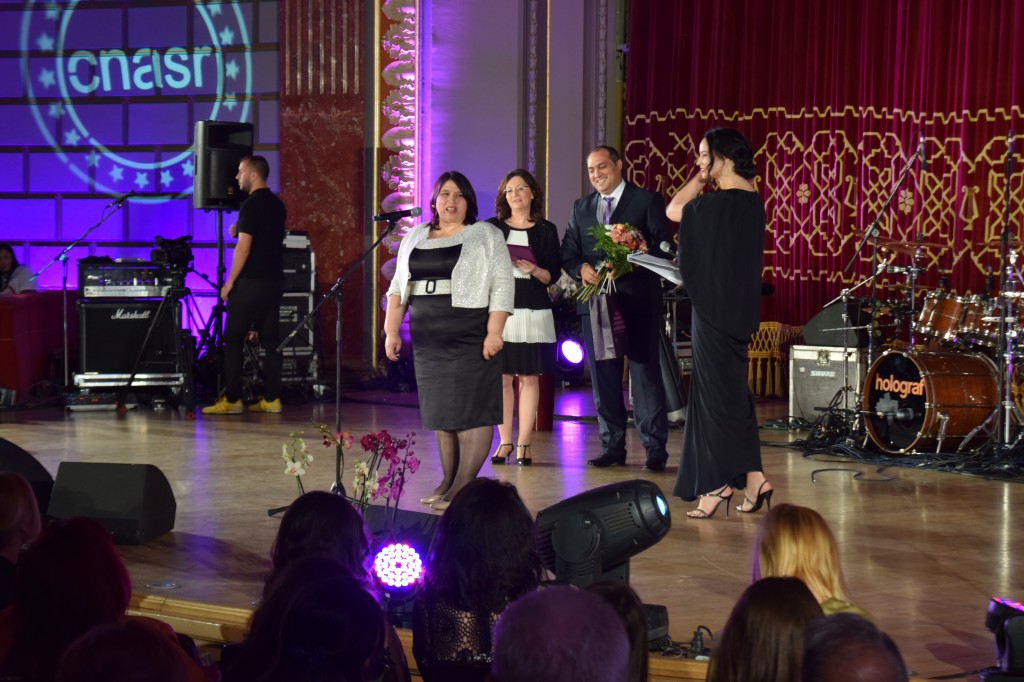 On the evening of March 21, 2017, Ramona Surlea stepped on the stage of Romanian Athenaeum to receive the title of “Social Worker of the Year to combat discrimination against minorities”, awarded at the National Gala of Excellence in Social Assistance.
On the evening of March 21, 2017, Ramona Surlea stepped on the stage of Romanian Athenaeum to receive the title of “Social Worker of the Year to combat discrimination against minorities”, awarded at the National Gala of Excellence in Social Assistance.
